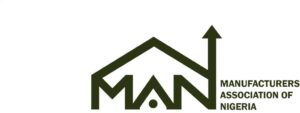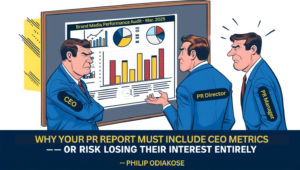
The Manufacturers Association of Nigeria (MAN) has warned that further increases in excise may not bring more revenue to the government’s coffers, as intended, but rather, fuel illicit trade, industry recession, capacity under- utilisation and layoffs; due to significant decline in sales by companies in the sector.
The association, in a statement issued by its Director General, Segun Ajayi-Kadir, recently, expressed surprise that the federal government could take such a unilateral action, despite complaints and persuasion by stakeholders to consider the implications of such action on industries, businesses and economy.
It flayed the decision of the federal government to announce such increases in Excise tax for 2023 and 2024, saying that the government had gone back on its words not to embark on such journey, in its meeting with stakeholders, earlier in the year.
As a proof of the federal government’s acceptance to tarry on a new fiscal policy, it stated,, the Nigeria Customs Service had already been notified by the Federal Ministry of Finance vide Memo Ref. No. F. 17417/351 of 15th February 2023 that the existing Fiscal Policy Measures for 2022, regarding Alcoholic Beverages and Tobacco Products would take effect from 1st June 2023 and 1st June 2024 as approved in the 2022 Fiscal Policy Measures roadmap for 2022 to 2024.
It therefore expressed the fears that the new excise tax increase would disrupt members’ operations; since they had already finalized their annual strategies and projections, while exporting members had concluded pricing negotiations for orders, to the end of fiscal period, based on the assurance from the fiscal authority.
MAN noted that the release of the 2023 Fiscal Policy Measures, just over one month to its expected implementation date, and the end of the current administration, sends negative signals to the business community locally and internationally with implications for existing and potential investors.
“It is worrisome that the current situation is indicative of inconsistency in Government policy, given that industries that are affected by excise tax administration, already made 3-year strategic plans based on the agreed calendar as scheduled in the roadmap including domestic and export sales prices, revenue and volume projections, tax burden calculations,” the body argued.
MAN also queried the rationale behind the Federal government’s introduction of a new fiscal policy, when it was apparent that it was yet to fully implement the 2022 to 2024 approved excise roadmap, as contained in the 2022 Fiscal Policy (which commenced on 1st June 2022).
It however commended the Federal Government on some of the approvals as provided for under the Supplementary Protection Measures (SPM), but urged it to exercise strategic caution in implementing the Import Adjustment Tax (IAT) on Motor Vehicle.
“While we support and respect government’s opinion and measures aimed at addressing climate change and Nigeria’s commitment to net zero emission, it would have been better if we exercise some level of strategic caution and allow for a period of realistic transition to clean energy.
“This is considering the fact that most of our members engage logistics companies, majority of whom are in the Small and Medium-scale Enterprise (SMEs) cadre, who would need some time to migrate to green fuel and who lack the financial capacity to purchase electric vehicles.
“Anything short of this will increase the input cost of products culminating in un-competitiveness as well as eliminating many SMEs in the logistics downstream of the manufacturing sector,” the association argued.




Comments